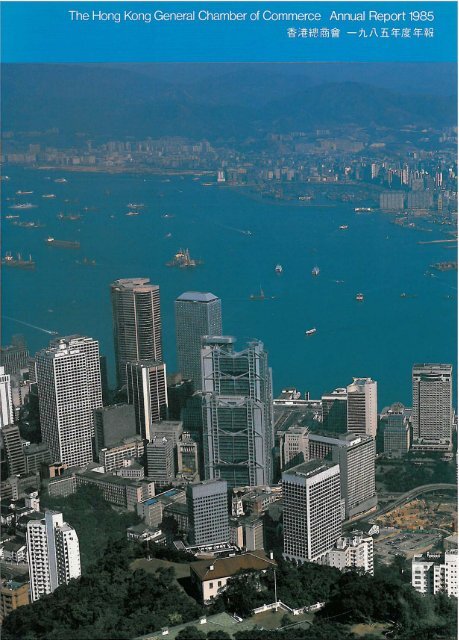
The Impact of the Global Pandemic on Supply Chains
The Covid-19 pandemic has severely disrupted global supply chains, affecting industries worldwide. For example, the automotive industry, which relies heavily on parts from China, has faced significant challenges. Around 80% of global auto production depends on Chinese components, and the pandemic has caused a 13.5% year-on-year drop in China’s industrial production. This has led to a 17.2% decrease in exports and a 4% drop in imports, according to the Chamber’s Senior Economist Wilson Chong.
Extended factory shutdowns have further strained production capacity. Even after reopening, many factories are struggling to reach 50% of their previous output. This has highlighted the need for supply chain diversification and resilience. Companies that had multiple qualified vendors and alternative sources in different locations were better equipped to handle the crisis.
Challenges and Opportunities for Hong Kong’s Transformation
Hong Kong faces several challenges in transforming from a transit trade hub to a global supply chain service center. Advanced logistics infrastructure and digital transformation are crucial. The adoption of technologies like AI, blockchain, and IoT can enhance supply chain efficiency and visibility.
Government policies and incentives will play a key role in supporting this transition. Hong Kong can leverage its strengths in finance and legal services to attract international investment. Partnerships with other global supply chain hubs can also provide valuable opportunities.
Talent development and workforce training in supply chain management are essential. The Chamber of Commerce can facilitate this by offering programs and services that help businesses adapt to new market conditions.
Strategies for Recovery and Resilience in the Post-Pandemic World
Businesses must take immediate steps to recover from the pandemic’s impact. Supply chain visibility and risk management are critical. Diversifying supply chain networks and logistics partners can reduce dependency on a single source.
Technology plays a vital role in enhancing supply chain resilience. Companies that have successfully navigated the crisis often focused on customer-centric strategies and diversified their logistics networks. For example, some businesses have cultivated new online sales channels, which now account for over 25% of their direct sales.
The Role of the Chamber of Commerce in Facilitating Transformation
The Chamber of Commerce is actively supporting Hong Kong’s transformation. It offers specific programs and services to businesses, collaborates with government bodies and international organizations, and advocates for policy changes. The Chamber fosters a culture of innovation and entrepreneurship, helping businesses adapt to new market conditions.
The Future of Supply Chain Management in Hong Kong
The future of supply chain management in Hong Kong looks promising. Emerging technologies like AI, blockchain, and IoT will play a significant role. Sustainability and ethical practices will become increasingly important. Hong Kong has the potential to attract international investment in supply chain services and shape global supply chain trends and standards.
Geopolitical factors will also impact Hong Kong’s supply chain transformation. The Chamber of Commerce’s efforts in promoting Hong Kong as a global supply chain service center will be crucial in navigating these challenges.



